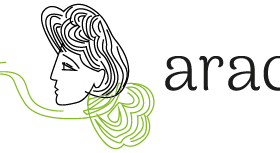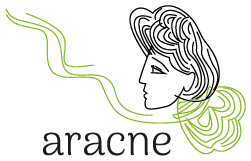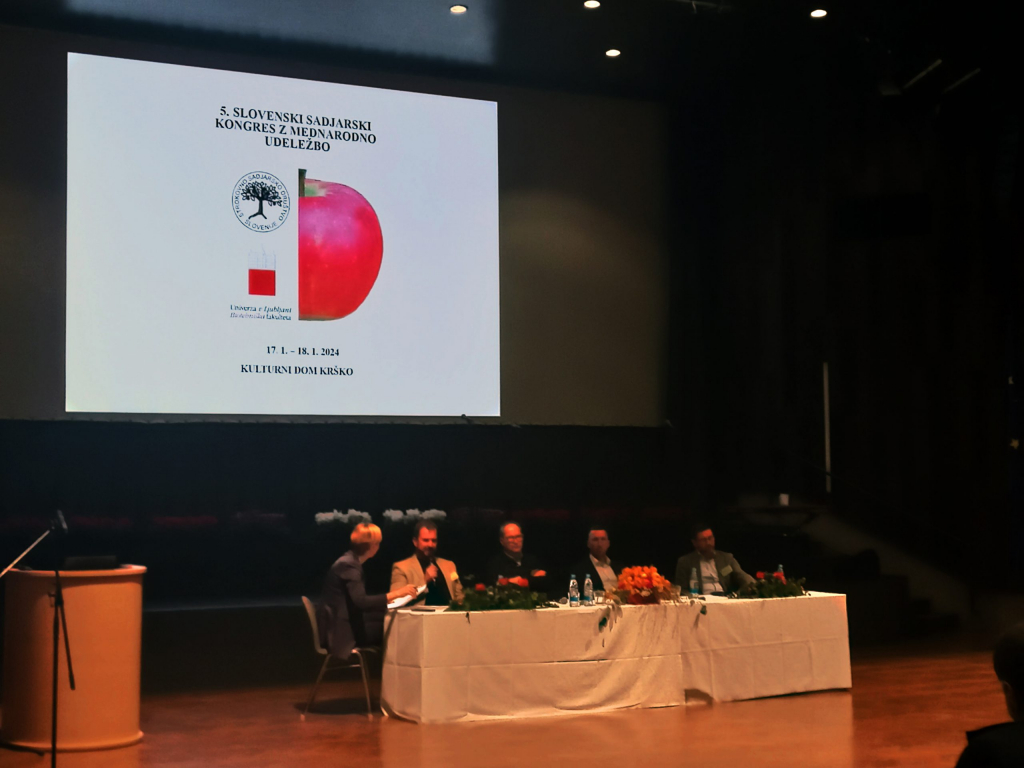Krško, 17 and 18 January 2024
The Slovenian Horticultural Society organised the 5th Slovenian Horticultural Congress with international participation, which took place in Krško on 17 and 18 January 2024. The title of this year’s congress was New Challenges in Fruit Growing. The Slovenian horticultural sector urgently needs fresh ideas and a new wind. The sector is in an unenviable position in terms of the late frost events and drought periods on the one hand and unfavourable economic conditions on the other.
Horticultural sector must see all these problems as a new challenge and an opportunity to emerge even stronger and more successful. In this context, current knowledge can help considerably. The congress was an excellent opportunity for researchers and producers to present innovations in various segments of fruit production and processing to the public.
The following research topics were presented in the form of oral presentation and posters:
- Economics, market and organisational aspects of fruit production
- Fruit production technologies (arboriculture, integrated and organic production)
- Fruit quality
- Fruit storage
- Fruit processing
The Aracne partners from the University of Maribor, in cooperation with colleagues from the Department of Agriculture of the Biotechnical Faculty, University of Ljubljana and the Institute of Biology of the University of Graz, presented a lecture entitled Phytochemical characterisation of the soroses of the old local mulberry genotypes and reintroduction of moriculture in Slovenia with the aim of different uses in agriculture (Andreja Urbanek Krajnc, Jan Senekovič, Špela Jelen, Martin Kozmos, Johannes Rabensteiner, Maja Mikulič Petkovšek, Gregor Osterc)

During the presentation, the current status of mulberry research was presented with a focus on the inventory of old local mulberry genotypes and the metabolite screening of soroses and their organoleptic properties as well as possibilities for mulberry propagation and cultivation. In addition, information on the current status of mulberry germplasm collections and the utilisation of genetic resources at European level as one of the objectives of the Aracne project was presented to the conference participants. A publication in the form of an overview of the ecological importance, a brief phytochemical evaluation of mulberry soroses, mulberry propagation and cultivation, previous activities related to mulberry research and mulberry cultivation in Slovenia are presented in form of a review article in the conference book available at the following button. The last chapter is dedicated to the Rebirth of the silk industry: the start of the Horizon Europe project “Aracne”.


